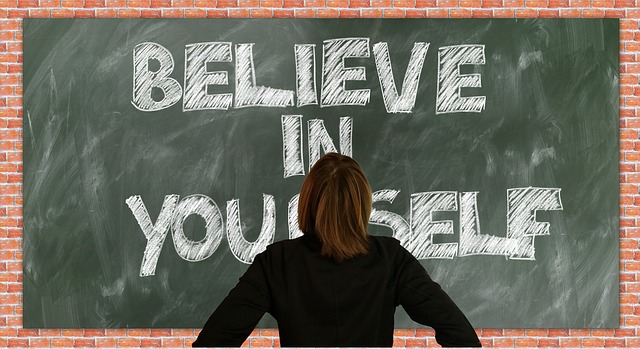Does anybody ever know what is best for you? We all have intuition and intentions for every choice along our path. Our intuition and intentions are meant to guide us towards safety and inevitably towards our goals and desires. We’re trained to listen to the experts or to follow what is considered appropriate or normal considering the circumstances, but is this ideal?
I believe the experts are there for a reason, and we should respect their expertise and consider their suggestions as well. However, the problem begins when we allow their suggestions to overwrite our gut feeling and intuition. When we feel uneasy about something, our soul is trying to speak to us. How many times have the experts been wrong? How many times did you say I should have followed my gut feeling? Then why are you basing your choices only on what is considered appropriate in another person’s approach?
Advice is good, especially from trained individuals and they can guide you and may keep you on course. However, no one knows exactly what path you should take other than you. Every individual on this planet is unique in some way, and we’ve been given feelings to distinguish our likes and our dislikes. These feelings are also there to make choices, based on our preferences and observations and ideally our gut feelings.
How many times has someone said I’ll just go with my gut on this one and he was right? How many times has someone followed through with something he knew he didn’t have peace about and he was disappointed? Our intuition is meant to guide us. Without intuition and feelings we’re depending only on others and what is considered appropriate or worthy in their opinion.
How can anybody else be certain what path you shall take? People including your loved ones, truly want you to experience joy and fulfillment, so they tell you what they believe will bring you joy and fulfillment. They tell you with complete sincerity whatever they believe will bring you joy considering what brings them joy. But what they don’t understand is that what brings them joy will be different than what brings you joy. What they believe is the best course or choice for you may not be in your highest interest.
Don’t live a life based on other’s expectations, the should’s and shouldn’t, based on somebody’s observations of what brings them joy and what they think will bring you joy. There’s no obligation in life other than the obligations you impose on yourself. Everyone has a different path and every journey is different. There’s no right or wrong way, there’s simply better choices based ideally on your life. You have free will to choose the better path, which inevitably creates your life story.
Have you ever seen a famous painting that wasn’t unique in one way or another. What makes the painting unique is that the painter decided to follow his intuition and not someone else. If you want to be your authentic self, follow your unique gifts and don’t allow others to conform you into their idea of appropriate action or normalcy. True creation is saying I’m going to follow my gut feeling and motive and I won’t allow others to convince me otherwise.





